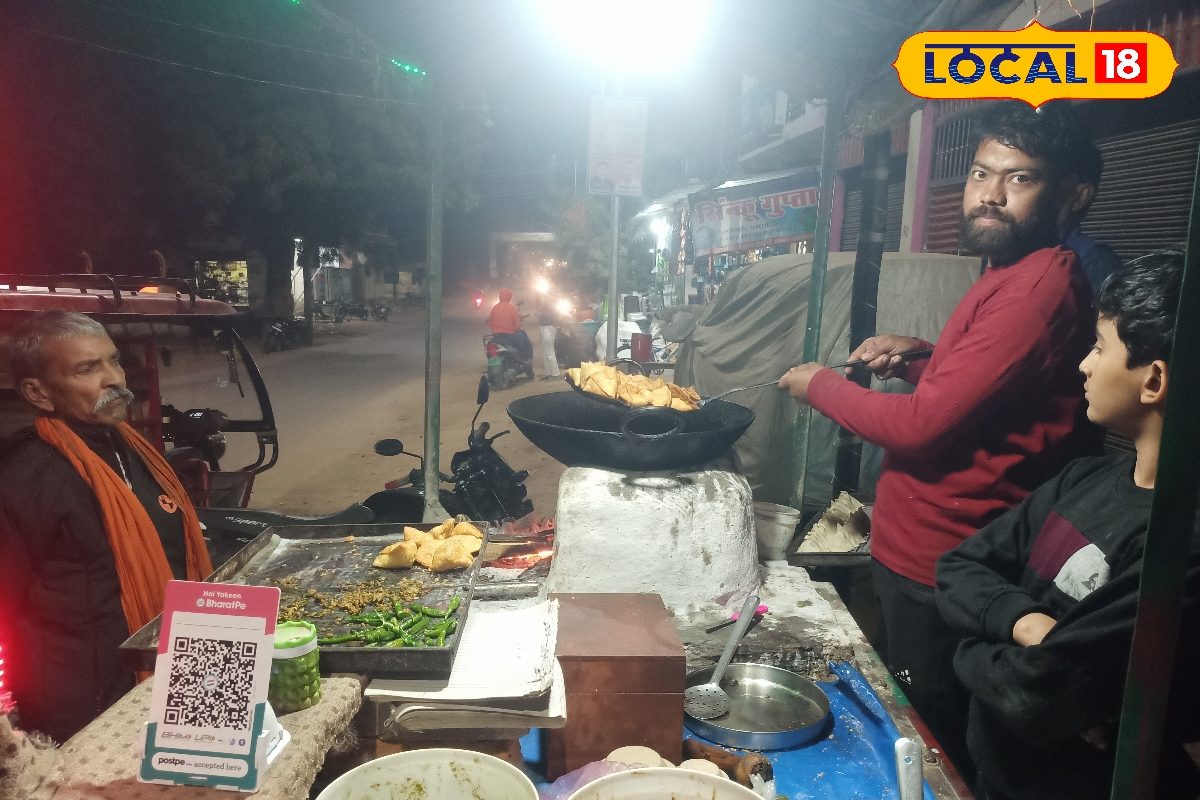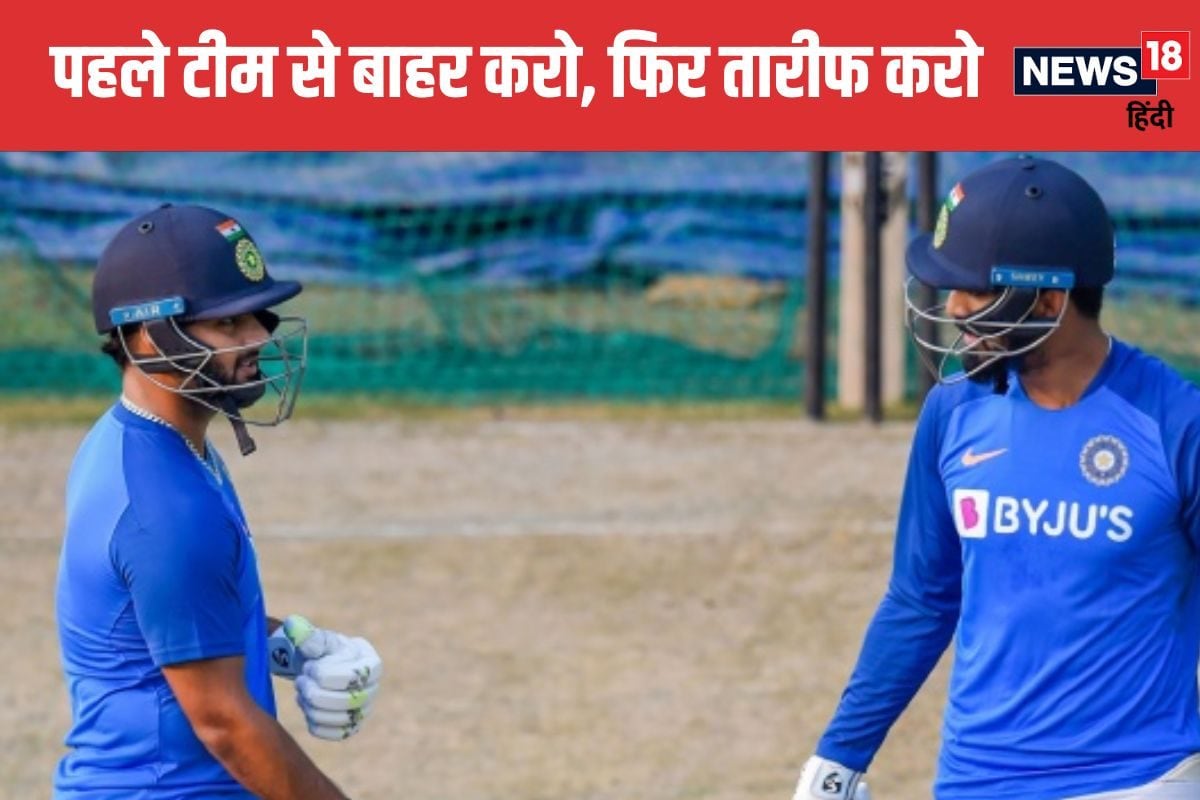[ad_1]
The Karnataka High Court has emphasised that people with “absolute blindness” must be given choice over these with “low vision” in employment alternatives, supplied their incapacity doesn’t hinder their capability to carry out duties.

This choice was made by a division bench of Justice Krishna S Dixit and Justice CM Joshi whereas dismissing an enchantment by the Department of School Education in opposition to an earlier order from the Karnataka State Administrative Tribunal (KSAT).
The case revolves round H N Latha, a blind candidate from the Scheduled Caste neighborhood in Periyapatna taluk, Mysuru district. Latha had utilized for the place of Kannada and social research instructor at a authorities main college in 2022. Her identify was included within the choice checklist launched on March 8, 2023.
Also Read: UPPSC postpones RO, ARO exams; to hold PCS preliminary exam on single day
However, on July 4, 2023, her utility was rejected, prompting her to problem the choice earlier than KSAT. The tribunal dominated in her favor, awarding her ₹10,000 in prices and instructing the appointing authority to rethink her utility inside three months.
The Department of School Education contested this choice, arguing that reservations for candidates with “low vision” and people with “absolute blindness” must be handled as separate classes. The division claimed that the tribunal had neglected this distinction.
Upon reviewing the case, the High Court bench disagreed with the division’s stance. The judges famous that whereas there may be considerations a few fully blind particular person dealing with the duties of a graduate main instructor, significantly in topics like social research and Kannada, such arguments have been unconvincing provided that the candidate met the academic necessities for the function.
Also Read: UK universities face funding ‘crunch’ as foreign students go elsewhere
The court docket highlighted the constructive attributes typically seen in people with blindness, reminiscent of adaptability, resilience, sturdy reminiscence, heightened senses, and wonderful coping abilities. The bench cited notable historic figures who achieved nice success regardless of being blind, together with Homer, John Milton, Louis Braille, Helen Keller, and Srikanth Bolla, the CEO of Bollant Industries.
The court docket concluded that the training division ought to have both put aside particular posts for candidates with absolute blindness or allowed them to compete alongside low-vision candidates for obtainable positions.
Upholding the tribunal’s directive, the court docket underscored the necessity for inclusive hiring practices that recognise the capabilities of blind candidates.
[ad_2]
Source link








